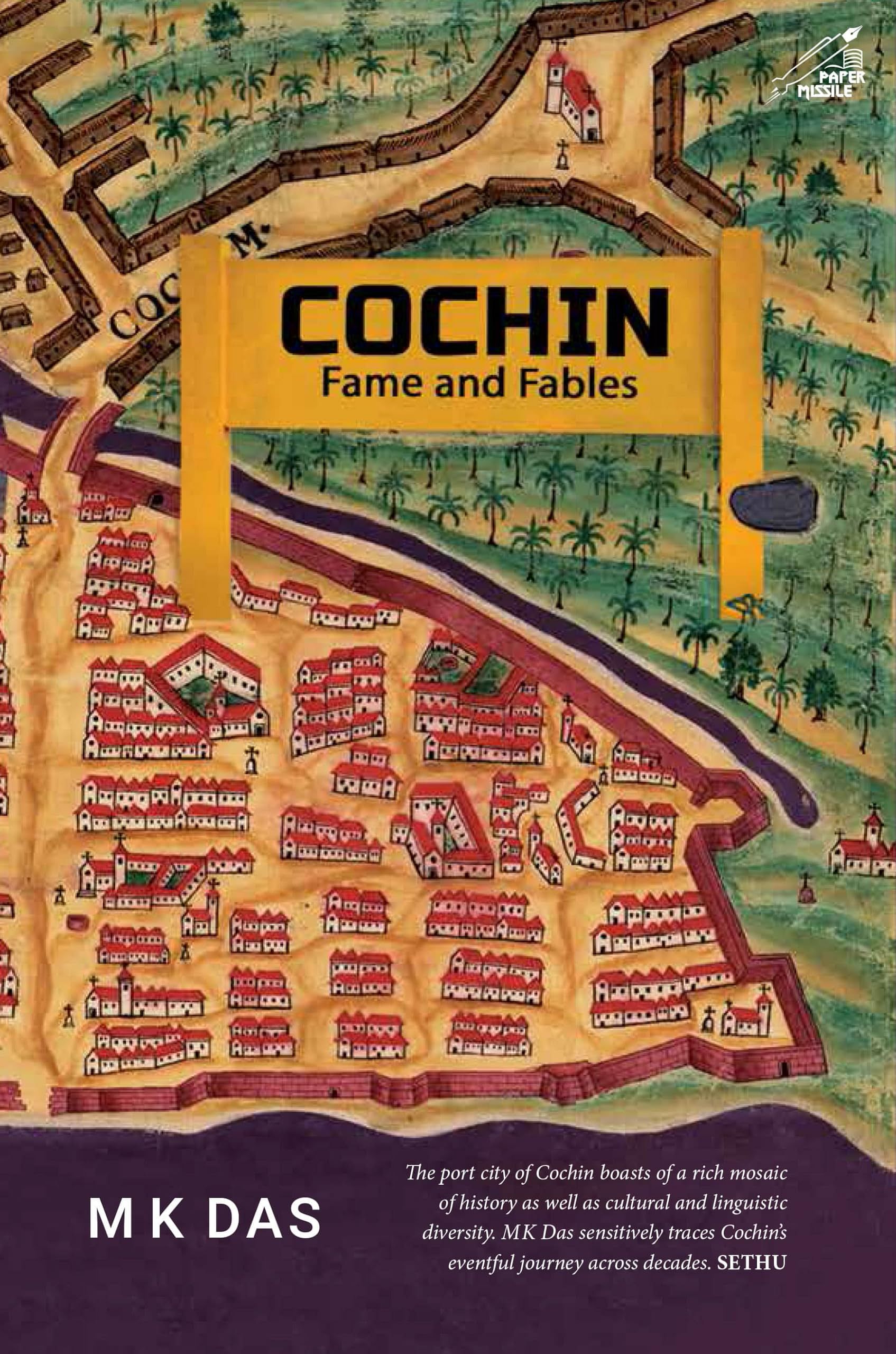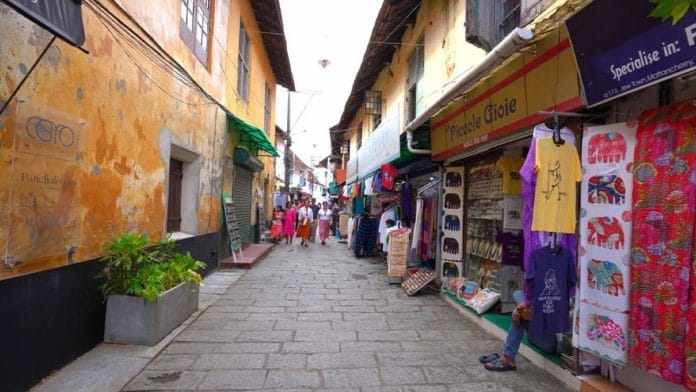From the Dutch Palace to the Jew Town, it is just a hop, but to a different world almost everything about it was different. The Jews were victims of persecution and driven out not only from their own homeland but also from every country they sought refuge. The only place where they were warmly welcomed was the Malabar Coast. And when they decided to leave, it was to their Promised Land.
The Jew Town was their main settlement in Mattancherry. They had similar congregations in many other towns along the Malabar Coast. Ponnani, for example, had one such called ‘Juthakunnu.’ The synagogue there was later converted into a church after the settled Jews were persuaded to switch over to Christianity by St Thomas in 52 CE. According to historian Fr. Joseph Cheeran, this could be the first ever conversion to Christianity in India.
The Jews in Mattancherry had a harrowing time when the Portuguese ruled the roost. In some way, it was the continuation of their rivalry back home. The tide turned in their favour when the Dutch replaced their European rival. But their real benefactor had been the Cochin royal family with which the Jews had had an enduring relationship that lasted till they left for Israel some time in 1950. No wonder one Jewish traveller referred to the Maharaja of Cochin as ‘the King of the Jews.’ It was a measure of their concern for the royal family that they formed a political party, post-Independence, to fight for separate statehood for Cochin knowing full well that the national mood was against it.
The camaraderie had been mutual. The Jew Town in Mattancherry was built on land gifted by Maharaja Kesava Rama Varma (1565–1615). So was the synagogue of the Paradesi (White) Jews at the northern end of the Jew Town. The Malabari (Black) Jews had their own synagogue at the southern end of the Jew Town. The synagogue is presently a showpiece as almost all Jews have left for Israel.
The Jews Street which connected the two synagogues evolved over a period of time into a major thorough fare. None knows when it all started. The accepted assumption is that businesses must have congregated in the street as part of the organic growth of the settlement. The landscape tends to vouch for it. Their houses, all two-storeyed of colonial vintage and open to the street, would remind one of the agraharams of the Tamil Brahmins. The first floor was where families lived while the ground floor had shops or godowns, or, as in some cases, stables. This old construct has remained largely intact to this day, except that the stables have disappeared and the godowns have had a changeover either as antique shops or eateries with the heritage tag to boot.
Yet, an old-world charm still pervades. Indeed, the Paradesi synagogue, the adjacent clock tower, the row of colonial type houses and the Synagogue Lane are presently the only reminders of the glorious past. And, of course, the street is still called by its old name, the Jews Street. How long would it last is anybody’s guess, what with block after block being taken over for conversion into heritage hotels.
Linked to it by destiny (or is it history) is the Mattancherry Bazar. Its rise had been as dramatic as its fall had been dismal. What was once the major centre of money-spinning wholesale business in commodities—food grains, sugar, coconut oil, rubber and spices—today survives on renting out the godowns, yards and shops for sundry operations. An eerie silence reflects the sorry state of affairs of a once noisy, stately, cash-ringing commercial centre. Unlike Fort Cochin, where history still stalks, Mattancherry sadly misses its glorious past.
 This excerpt from Cochin: Fame and Fables by MK Das has been published with permission from Niyogi Books.
This excerpt from Cochin: Fame and Fables by MK Das has been published with permission from Niyogi Books.






